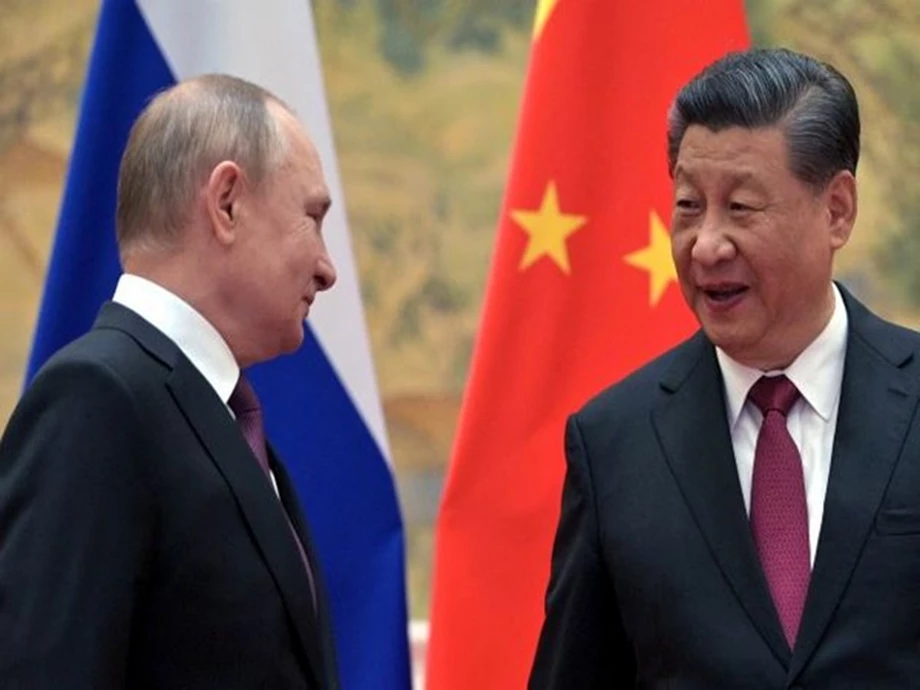Recent Arrest Sparks Concerns Over National Security and Diplomatic Balancing Act.
The recent arrest of a parliamentary researcher suspected of spying for China has ignited serious concerns about the United Kingdom’s ability to confront the escalating threat posed by Chinese espionage and interference. The researcher, who was employed by a Scottish National Party MP, has staunchly denied any wrongdoing, claiming complete innocence. However, this case has underscored the UK’s vulnerability to China’s comprehensive approach to intelligence, which employs a multitude of actors and tactics to gather information and influence decision-making.
The UK government has acknowledged China as an “epoch-defining challenge,” adopting a policy of “clear-eyed engagement” with Beijing. This approach aims to strike a balance between the economic opportunities and strategic risks of dealing with a rising global power that does not necessarily share the UK’s values or interests. Furthermore, the UK has not hesitated to criticize China for its human rights violations, particularly its actions in Hong Kong and treatment of Uyghur Muslims in Xinjiang.
Nevertheless, experts and politicians have voiced concerns that the UK’s response to China’s covert activities on British soil has been slow and complacent, posing a grave threat to national security and democratic processes. A report by the Parliamentary Intelligence and Security Committee (ISC) this summer warned of China’s efforts to interfere with the UK government, target officials and organizations at various levels, and encourage pro-China individuals to seek political office. The report also revealed that MI5 investigations had uncovered Chinese intelligence officers gaining access to at least one UK parliamentarian.

The ISC report called for the implementation of a new National Security Act, modernizing the outdated Official Secrets Act of 1911 to establish a clear legal framework for countering espionage, interference, and sabotage by hostile states. It also urged the government to take a proactive stance in identifying and disrupting Chinese intelligence operations, while raising awareness among potential targets, including academics, businesses, and politicians.
The government has assured the public that it is taking steps to address the recommendations outlined in the ISC report and safeguard the UK from foreign threats. Simultaneously, it has stated its commitment to denouncing China when it engages in unacceptable behavior, even imposing sanctions on British MPs who have condemned China’s human rights violations. However, officials have stressed the importance of maintaining engagement with China on issues of mutual interest, such as climate change and trade, without reducing the relationship to simplistic terms like “threat” or “foe.”
The recent arrest of the parliamentary researcher has thrust the complexity and urgency of the China challenge into the spotlight. The crucial question remains: has the UK fully comprehended the scale and scope of China’s espionage activities, and can it effectively strike the right balance between cooperation and confrontation with Beijing?
Resources:
1.https://www.msn.com/en-us/news/world/has-the-uk-woken-up-to-the-china-spy-challenge/ar-AA1gyW1c
3.https://www.bbc.co.uk/news/uk-politics-66779117